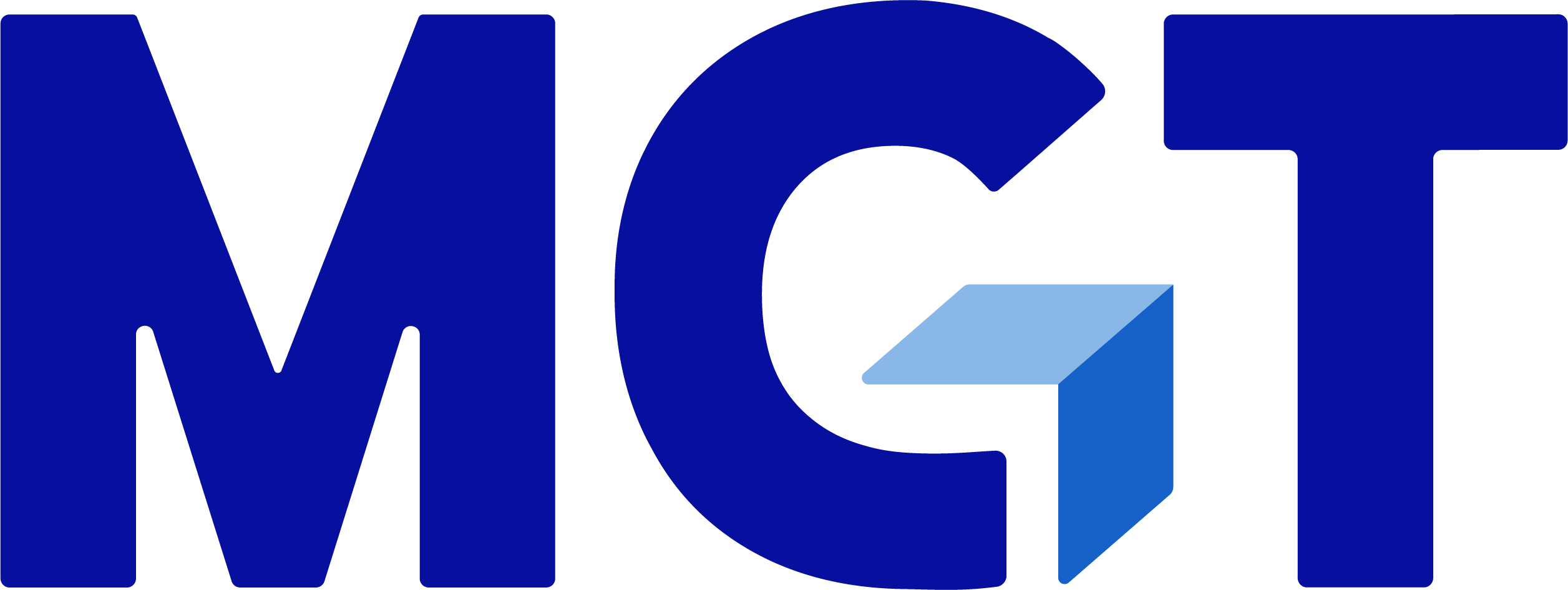 The Coalition for Adequate School Housing (CASH) is the preeminent statewide organization representing school facility professionals. This budget summary is written from the viewpoint of how the proposed budget will affect a district’s ability to build new, renovate, and maintain K-12 schools. CASH will provide future updates when trailer bill language is released and the Legislature begins its deliberations.
The Coalition for Adequate School Housing (CASH) is the preeminent statewide organization representing school facility professionals. This budget summary is written from the viewpoint of how the proposed budget will affect a district’s ability to build new, renovate, and maintain K-12 schools. CASH will provide future updates when trailer bill language is released and the Legislature begins its deliberations.
School Facilities Program
The Budget allocates the remaining Proposition 51 bond funds—approximately $1.4 billion—to support school construction projects. Because Proposition 51 bond authority is expected to be exhausted in 2022-23, the Budget proposes approximately $1.3 billion one-time General Fund in 2022-23, and $925 million one-time General Fund in 2023-24 to support new construction and modernization projects through the School Facility Program.
Transitional Kindergarten and Preschool
The Budget proposes the next step to implement the creation of universal transitional kindergarten for all four-year-olds with full implementation but without any mention of funds specifically identified for transitional kindergarten facilities. The Budget encourages schools to use State Preschool Programs to provide wraparound care for income-eligible students so they may have a full day of developmentally appropriate care and education. It emphasizes family choice to select transitional kindergarten or the State Preschool Program for eligible four-year-old children.
Charter School Facility Grant Program
The Budget also includes $30 million ongoing Proposition 98 General Fund to support eligible facilities costs for the Charter School Facility Grant Program. These funds can be used by eligible charter schools for costs associated with remodeling buildings, deferred maintenance, initial installation or extension of service systems and other built-in equipment, site improvements, and facility modifications to mitigate the spread of COVID-19.
Education Operations
The Budget includes total funding of $119 billion ($70.5 billion General Fund and $48.5 billion other funds) for all K-12 education programs. It proposes Proposition 98 funding for K-12 schools and community colleges for 2022-23 in the amount of $102 billion—an increase of $8.2 billion over the 2021 Budget Act, and the highest level of state funding for K-14 schools. K-12 per-pupil funding totals $15,261 Proposition 98 General Fund—its highest level ever—and $20,855 per pupil when accounting for all funding sources.”
The Budget also proposes changes to the ADA component of the LCFF and the independent study program to help school districts better manage declining enrollment and simplify the collection of attendance in virtual instructional programs. Based on the limited information available so far, this approach seems to differ from that of SB 880 which would base state funding on a school district’s enrollment, instead of its daily attendance.
Expanded Learning Opportunities
The 2021 Budget Act provided $1 billion ongoing funds and $754 million one-time Proposition 98 General Fund for the Expanded Learning Opportunities Program, which aims to provide all students in low-income communities with no-cost access to nine hours of academic and enrichment activities per instructional day and for six weeks each summer by 2025-26. This new budget proposes continuing those funds with increases throughout.
School Transportation
The Budget proposes $1.5 billion to support school transportation programs, with a focus on greening school bus fleets. Grants of at least $500,000 would be available with priority for LEAs with high concentrations of low-income students, youth in foster care, and English language learners, as well as small and rural local educational agencies. The Governor wants to ultimately electrify the entire state school bus fleet.
School Food Services
Beginning in the 2022-23 school year, all public schools will be required to provide two free meals per day to any student who requests a meal, regardless of income eligibility. The Budget proposes $596 million to fund universal access to subsidized school meals with $450 million to upgrade school kitchen infrastructure and equipment to incorporate more fresh, minimally processed California-grown foods in school meals. CASH staff will provide additional information on the proposed facilities funding when it becomes available.


